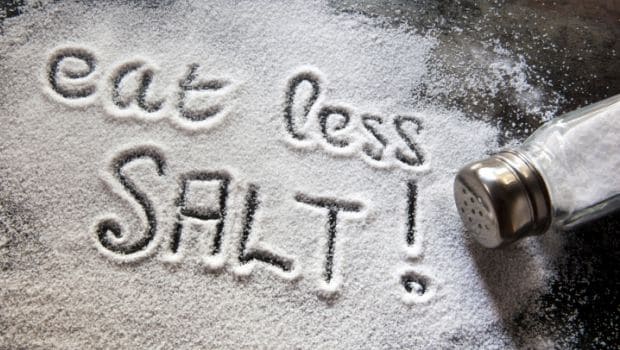"We saw no evidence that a diet lower in sodium had any long-term beneficial effects on blood pressure," said Lynn Moore, Associate Professor of Medicine at Boston University School of Medicine in the US.
The findings were presented at the Experimental Biology 2017 meeting, Chicago and questioned the sodium limits recommended by the current Dietary Guidelines for Americans.

The 2015-2020 Dietary Guidelines for Americans recommends 2,300 milligrams of sodium per day from an average adult American. When the researchers arrived at the end of their study, it was found that those participants who had been adhering to the official guidelines had higher blood pressure levels as compared to their counterparts who ate consumed more sodium. The researchers also found that people in the study who had higher intakes of potassium, calcium and magnesium exhibited lower blood pressure over the long term.
It was concluded that a certain subset of people may tend to develop sensitivity toward salt. In such people, low sodium intake may promise benefit in lowering pressure. Experts therefore pressed for further research to develop easier methods to screen salt sensitivity and to determine appropriate guidelines for sodium and potassium intake in the salt-sensitive group of people.
Inputs from IANS



